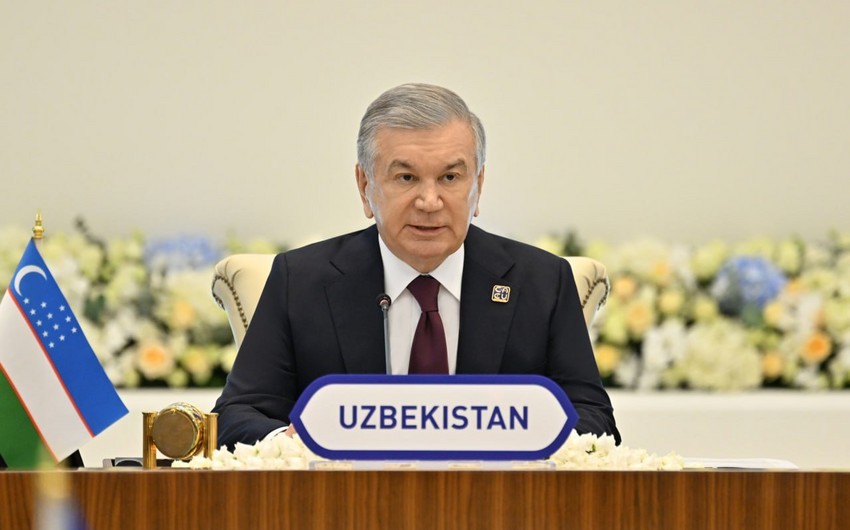A panel session "The Role of Women in Urban Development" was held in Lachin, Azerbaijan, as part of the Economic Cooperation Organization (ECO) Women's Forum, EDnews reports.
The panel, moderated by Elmar Mammadov, Head of the Economic Cooperation Department at the Ministry of Foreign Affairs of Azerbaijan, discussed topics such as "How can women's leadership guide sustainable urban planning?" and "What is the role of women in building healthy and climate-resilient cities?"
The discussions were attended by representatives from several countries, including Azerbaijan, Pakistan, Tajikistan, Turkmenistan, as well as officials from the Food and Agriculture Organization (FAO) and the World Health Organization (WHO).
In his speech, Elmar Mammadov mentioned the possibility of creating a new platform by the Economic Cooperation Organization (ECO) against the background of urban development.
"The role of women in urban development is very important. Last year, Azerbaijan came up with an important initiative on this topic during the COP29 event. The issue was reflected in a multi-sectoral action plan. Nearly 200 parties endorsed this declaration. Some 54 countries joined this declaration. Additionally, a declaration covering 100 cities was prepared," he said.
Gulshan Rzayeva, Deputy Head of the Office of the State Committee for Urban Planning and Architecture, stated that by 2040, 70 percent of the world's population will live in cities:
"Therefore, we must respond to new challenges. Azerbaijan is actively working in urban planning, as in other sectors. The main issue is that we should ask whether cities will be able to meet new challenges. It should also be noted that there is a difference between men and women in terms of access to services in the city. Women's access to services is in the focus of our attention and that of international organizations."
Rzayeva added that efforts are being made to ensure high inclusivity of cities, including in the liberated territories:
"Creating a green environment in public places is also important. The Azerbaijani government has prepared master plans for 8 cities liberated from occupation. Inclusivity has been taken as an important criterion."
Nasar Hayat, FAO Representative in Azerbaijan, noted that 56% of the world's population lives in urban areas:
"However, a very large part of them are consumers. Therefore, these consumers can play a major role in reducing carbon emissions into the atmosphere. If we are talking about sustainable cities, we must definitely consider the development of agriculture."
Hande Harmanci, WHO Representative in Azerbaijan, noted that women suffer more from climate change. She stated that investment should be made in women's activism in this area:
"They should be represented in city governance. Also, women's voices should be heard and respected. I hope that Azerbaijan will join the Healthy Cities Initiative. We are ready to share our experience on this, especially in Karabakh. We should build cities that are safe."
In response to Hande Harmanci, the moderator of the event, Elmar Mammadov, said that discussions are currently being held with the World Health Organization in this direction.
The panel session continued with discussions and a question-and-answer session.













